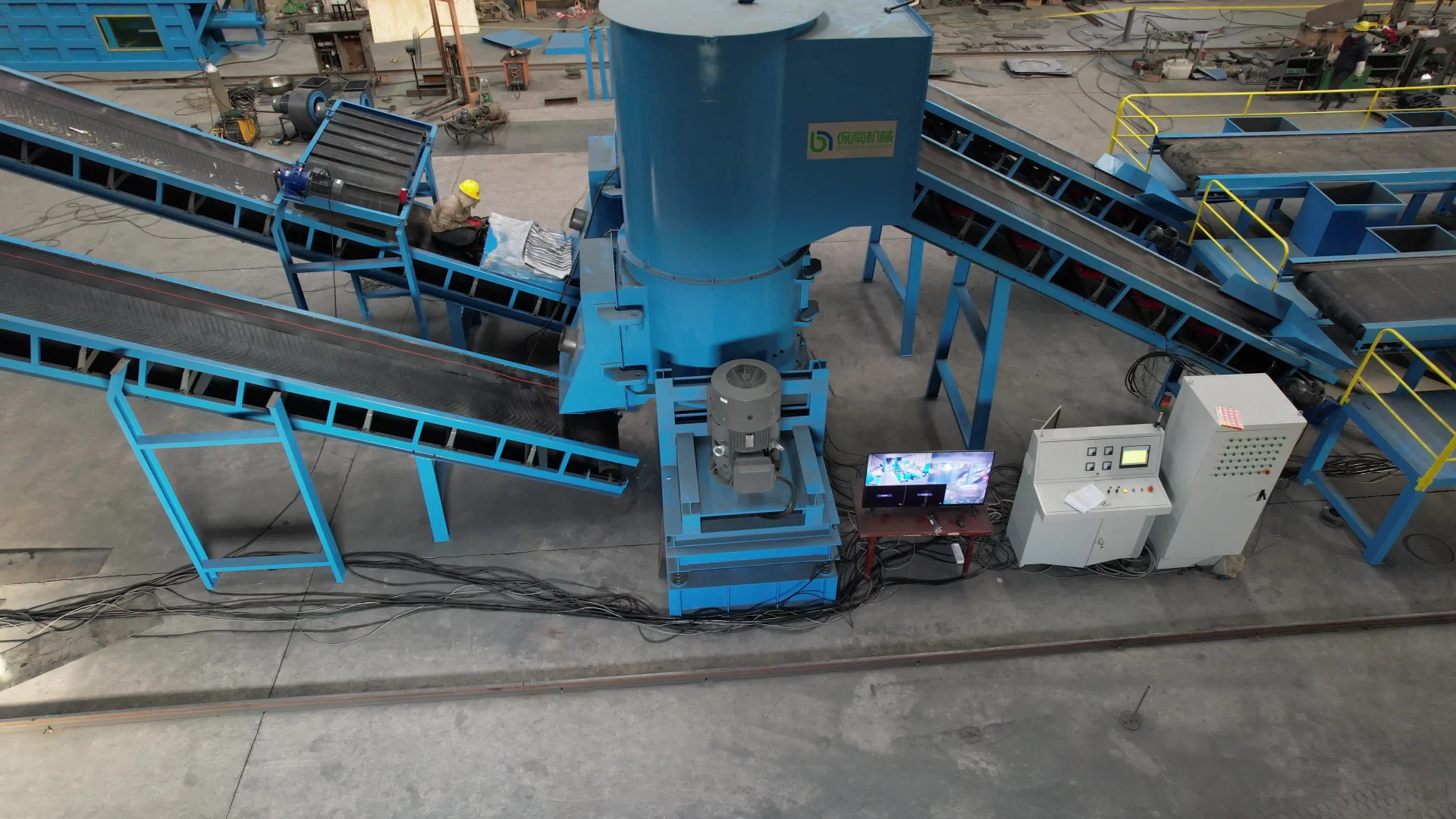

Дек . 29, 2024 09:00 Back to list
The World of Metal Shreds Exploring the Significance and Applications
Metal shreds, often referred to as metal scrap or metal debris, play a crucial role in various industries and recycling processes. The term encompasses a wide range of metallic materials that have been discarded, damaged, or are left over from manufacturing processes. These metal shreds not only represent a significant environmental challenge but also offer a wealth of opportunities for recycling and resource recovery.
Understanding Metal Shreds
Metal shreds can originate from myriad sources, including construction sites, manufacturing facilities, and automotive industries. Common types of metals found in shreds include steel, aluminum, copper, and brass. Each material has its own recycling value and potential applications, which can greatly vary.
When metal products reach the end of their life cycle, they are often processed as scrap metal. This involves collecting, sorting, and shredding the metals into smaller pieces. The shredding process is vital for several reasons it reduces the volume of the material, makes transportation more efficient, and prepares the metal for reprocessing in a way that maximizes recovery rates.
The Environmental Importance of Recycling Metal Shreds
One of the primary benefits of recycling metal shreds lies in its positive environmental impact. Metal production is an energy-intensive process, and by recycling metal, we significantly reduce the need for raw material extraction. This not only conserves natural resources but also decreases greenhouse gas emissions associated with mining and refining metals.
Recycling metal shreds is estimated to save 95% of the energy required to process virgin aluminum and 74% for steel. Moreover, when metals are reclaimed from shreds, the risk of environmental contamination from waste products is minimized. Therefore, effective management of metal shreds contributes to a circular economy where materials are reused rather than disposed of.
Applications of Recycled Metal Shreds

The applications of recycled metal shreds are vast and varied. In the automotive sector, recycled metal is commonly used to manufacture new parts, reducing production costs and resource consumption. For instance, many car manufacturers have adopted a closed-loop production system where metal shreds from old vehicles are melted down and reformed into new components.
In construction, recycled metal shreds are utilized in various structural components, such as beams and reinforcements. The construction industry is one of the largest consumers of recycled metals, utilizing metal shreds for everything from rebar to roofing materials.
Furthermore, recycled metal shreds are essential in the manufacturing of household items, appliances, and even electronics. The versatility of metals allows them to be melted down and remade into an array of products without loss of quality, making recycling a desirable option for manufacturers.
Challenges in Managing Metal Shreds
Despite the numerous benefits of metal shred recycling, challenges remain. Sorting and processing metal shreds can be labor-intensive and costly. The presence of non-metallic contaminants, such as plastics or coatings, complicates the recycling process, potentially reducing the quality of the recycled metal.
Additionally, fluctuating market prices for scrap metals can impact the economics of recycling operations. Ensuring a steady supply of high-quality metal shreds while maintaining cost-effectiveness poses a significant challenge for recyclers.
Conclusion
Metal shreds represent both an environmental opportunity and a challenge that requires efficient management and innovative solutions. With the increasing demand for sustainable practices across industries, the significance of metal shreds will only grow. By effectively recycling and utilizing these materials, we can contribute to a more sustainable future, conserve resources, and minimize our ecological footprint. The journey of metal shreds—from waste to valuable resource—illustrates the importance of recycling in our modern world.
Latest news
The Future of Metal Recycling: Revolutionizing Waste Management
NewsMay.14,2025
Optimizing Waste with Recycling Lines
NewsMay.14,2025
Municipal Solid Waste Sorting Line: Revolutionizing Waste Management
NewsMay.14,2025
Metal Shredders: Essential Tools for Efficient Recycling
NewsMay.14,2025
Maximize Your Profits with a Copper Wire Granulator
NewsMay.14,2025
Home Metal Shredder: A Smart Choice for Your Home Recycling Needs
NewsMay.14,2025